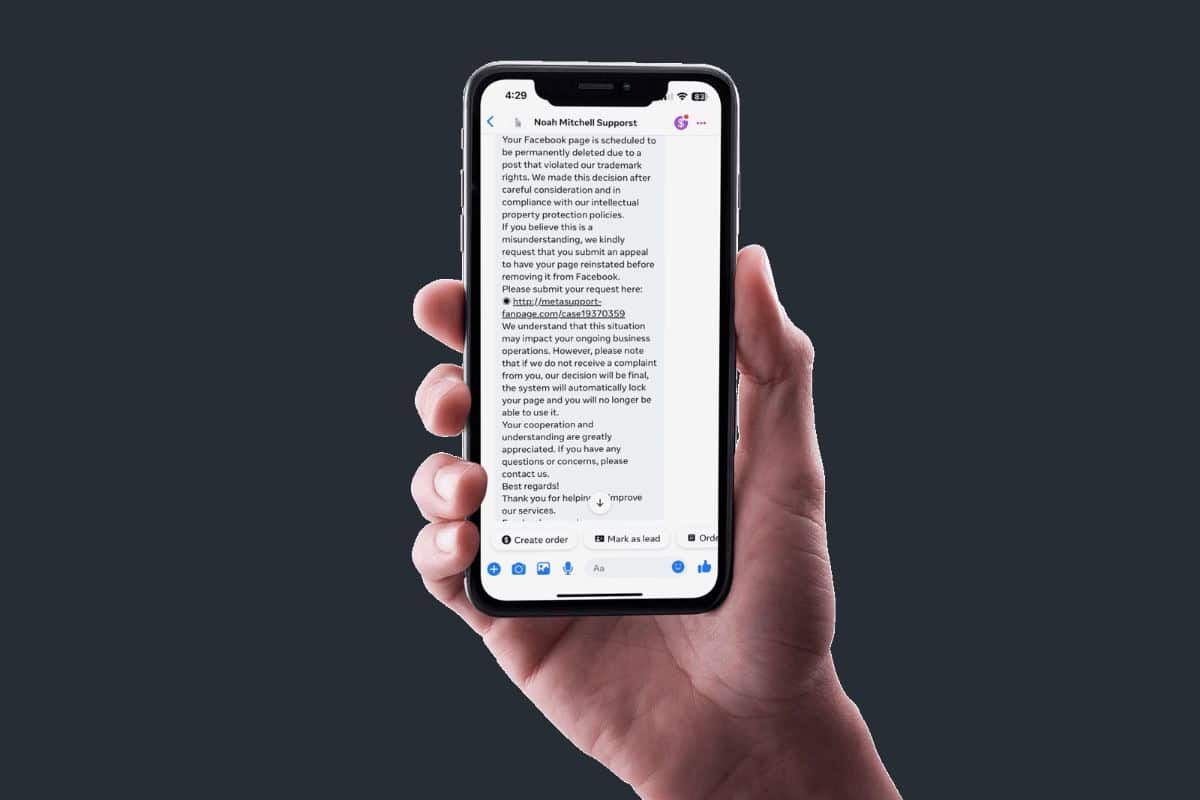Small Business Security Step One: Stronger Passwords
Every so often, you see a news report about a major corporation that has been hacked, with thousands of records compromised. While the media often focuses only on large businesses, the truth is small businesses are even more vulnerable and experience security breaches on a much grander scale. In fact, nearly 50 percent of all cyber attacks actually target small businesses, with thousands of businesses affected each month.
There are several steps a small business must take in order to ensure sensitive data and private information remains secure and safe from hackers and identity thieves. But cyber security experts stress that one of the easiest and most important steps that should never be overlooked is to utilize strong passwords .
The Importance of Strong Passwords
A business’s network is only secure as the weakest password. A strong password prevents hackers from easily discovering a password and gaining access to the network. Hackers using advanced password cracking tools can try thousands of password combinations per second, making it fairly easy to discover weak passwords.
Additionally, small business security protocols such as strong passwords need to be enacted to protect the network and data from insiders as well as outsiders, as negligent employees are the cause of nearly 50 percent of data breaches affecting small businesses.
A data breach puts your network at risk, exposing sensitive data to hackers and identity thieves, as well as allowing malicious hackers to wreak havoc on your network. Websites can be compromised and altered, important data can be erased, and customer or client information can be stolen.
What Is Considered a Strong Password?
A strong password is considered to be a series of at least 10 characters, consisting of both lowercase and uppercase letters, and at least one number and one special character such as an exclamation point. Additionally, it is recommended that a unique strong password is used for each account, rather than one password for several accounts. This ensures that if one account happens to be compromised, the hacker cannot use the same password to access other accounts.
Unfortunately, many businesses still engage in using easy-to-remember passwords as a matter of convenience. However, through the use of a password manager application, employees can more easily utilize unique strong passwords for multiple accounts without struggling to remember them all or have them written down where unauthorized personnel could find them.
What Is a Password Manager Application?
A password manager application is a tool that creates and stores strong, unique passwords for multiple accounts. You only need to remember the password for the password manager, and the application takes care of the rest, limiting password leaks and ensuring stronger small business security.
Beware of Phishing Attacks
As an extra security measure, educate your employees about phishing attacks. These typically appear as cleverly designed emails designed by hackers to trick the recipients into giving up their username and password to an account. The email may appear to come from a legitimate corporation, such as a bank or financial institution, Paypal, eBay, Apple, Google, and many others. The email usually claims that the account has been hacked or blocked for some reason, and in order to fix whatever the problem may be, the recipient needs to log in.
Links to login pages are provided in the email, but they are as false as the email itself. Clicking on the link takes the recipient to a web page that appears to be a part of the corporation’s website but is actually a page created by the hacker. Once the recipient enters their login information, the hacker has their username and password and can begin using it to try to access the actual accounts.
Lastly, instruct your employees to keep their passwords secure and safe from prying eyes. Sharing passwords with others is a sure way to put your data security at risk.











